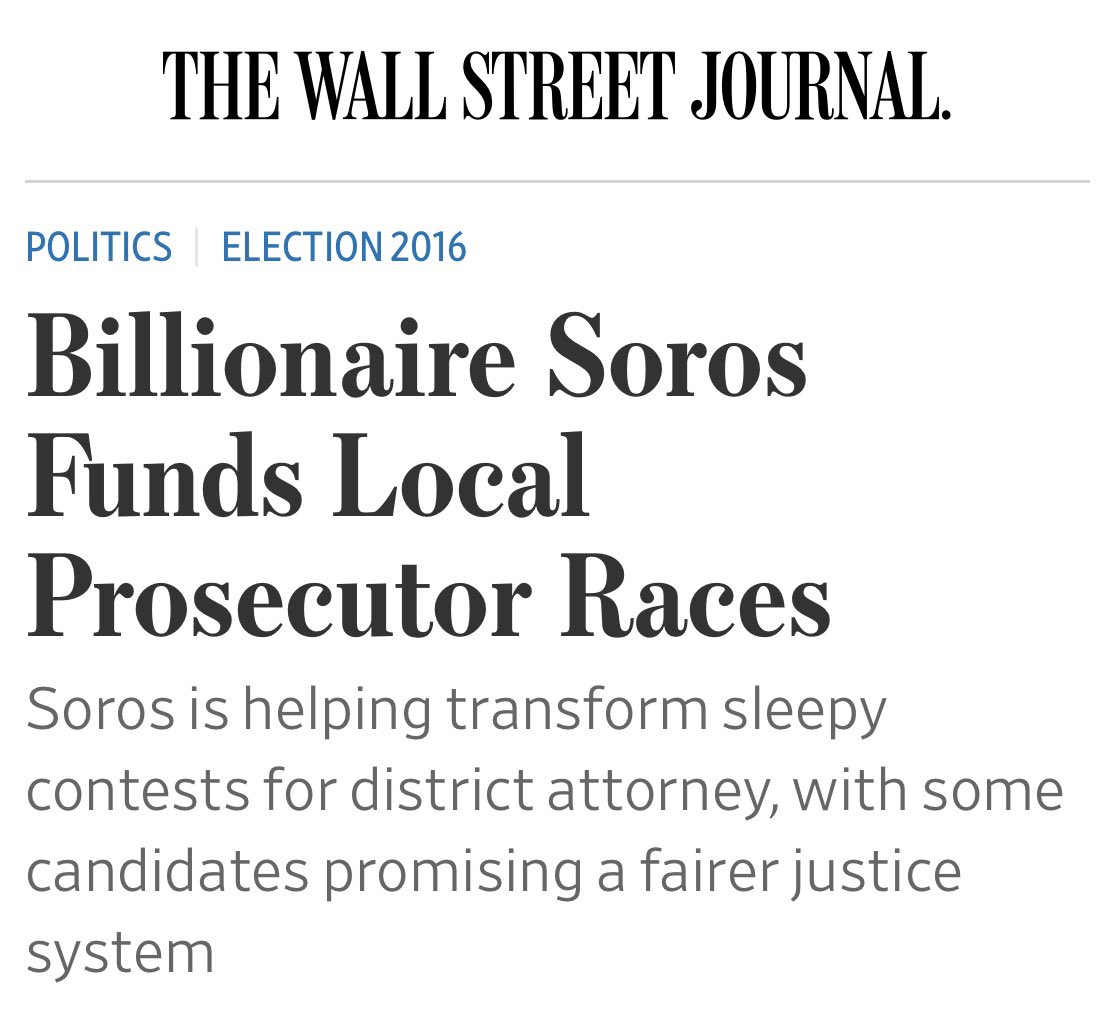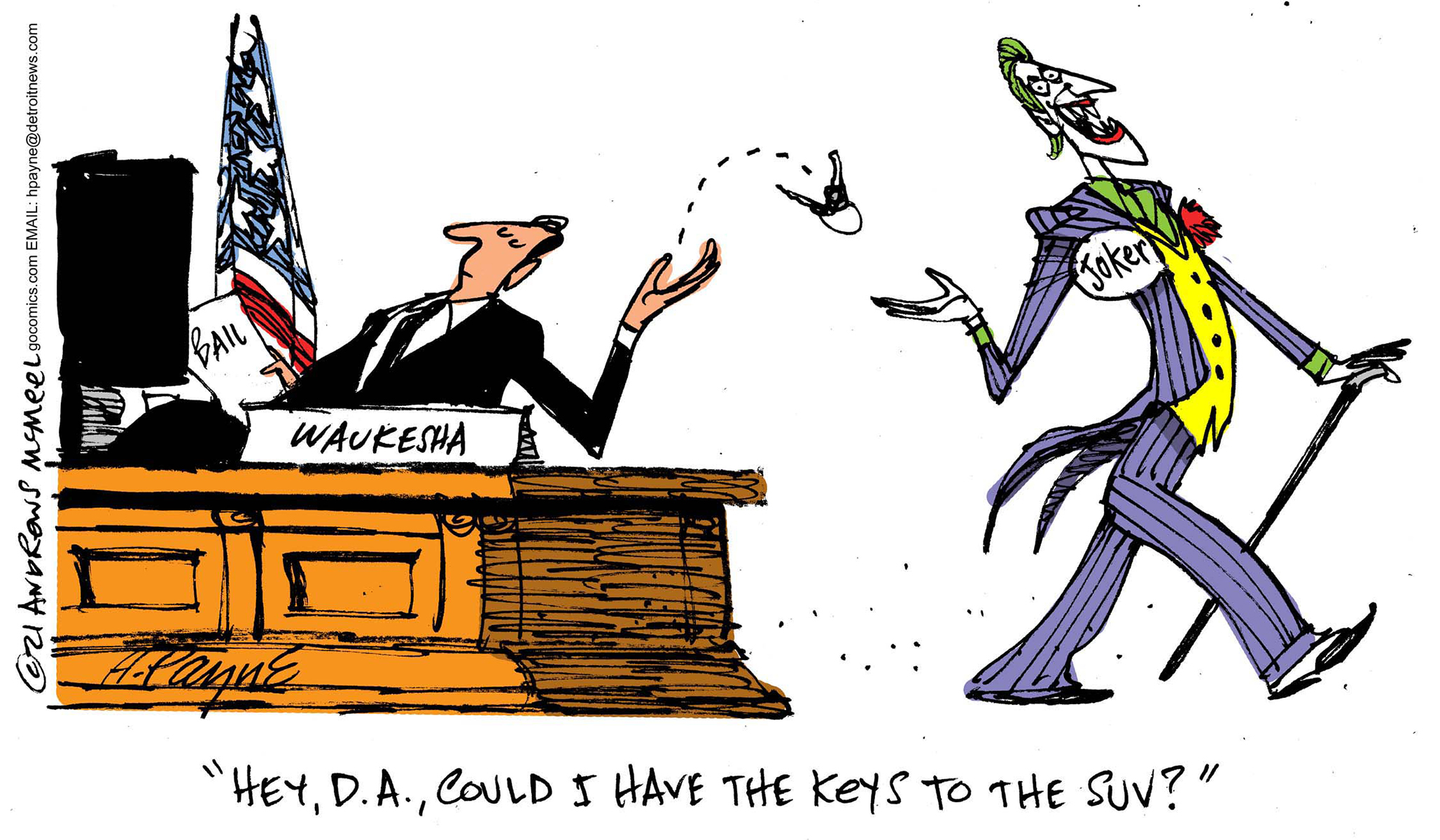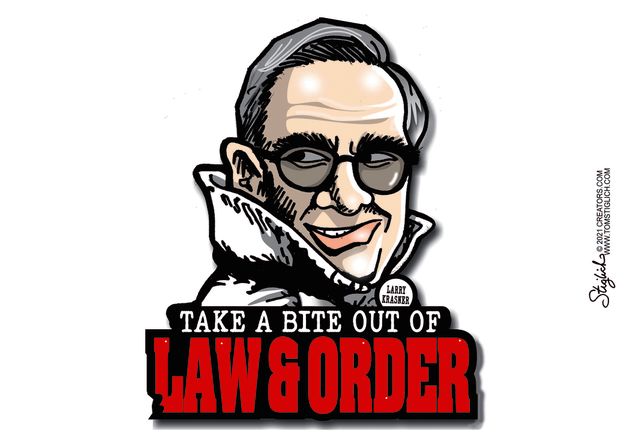

Though the right to a jury trial is enshrined in the Bill of Rights and Constitution, it’s hardly ever enforced.
Today, jury trials are rare.
More than 95% of criminal convictions come from guilty pleas, meaning that criminal jury trials, though constitutionally prescribed, seldom happen.
The Supreme Court noted in Lafler v. Cooper (2012) that “criminal justice today is for the most part a system of pleas, not a system of trials.”
That imperils Americans’ constitutional rights by exposing them to coercive pressure to plead guilty, along with other forms of police and prosecutorial abuse that regularly produce false convictions.
In particular, coercive plea bargaining artificially lowers the cost of obtaining a criminal conviction.
Prosecutors can induce defendants to plead guilty by bringing more—and more-serious—charges than are truly warranted, particularly when combined with pretrial detention.
Many charges would implode spectacularly if tested in the crucible of an adversarial proceeding, and plea bargains protect prosecutors from having to go through the hard, constitutionally mandated work of building a case for guilt beyond a reasonable doubt.
This vastly increases the number of prosecutions the government can pursue.
Potential reforms include capping how much prosecutors can offer to lower charges in plea bargains; creating watchdogs inside and outside the justice system to scrutinize the validity of a guilty plea before a conviction is entered, and preventing the government from unilaterally convicting those it has accused of crimes.
Then there’s the horrifying reality that innocent people are sometimes pressured into pleading guilty to crimes. While it is impossible to say exactly how often this happens, scholars place it between 1.6% and 8% of all felony convictions.
Ordinary citizens should get to make the call about who deserves to be punished.
https://www.wsj.com/articles/unconstitutional-convictions-rittenhouse-arbery-smollett-jury-trial-jurors-plea-bargain-injustice-11639339630











/cdn.vox-cdn.com/uploads/chorus_image/image/66346573/soros_foxx_combo.0.jpg)